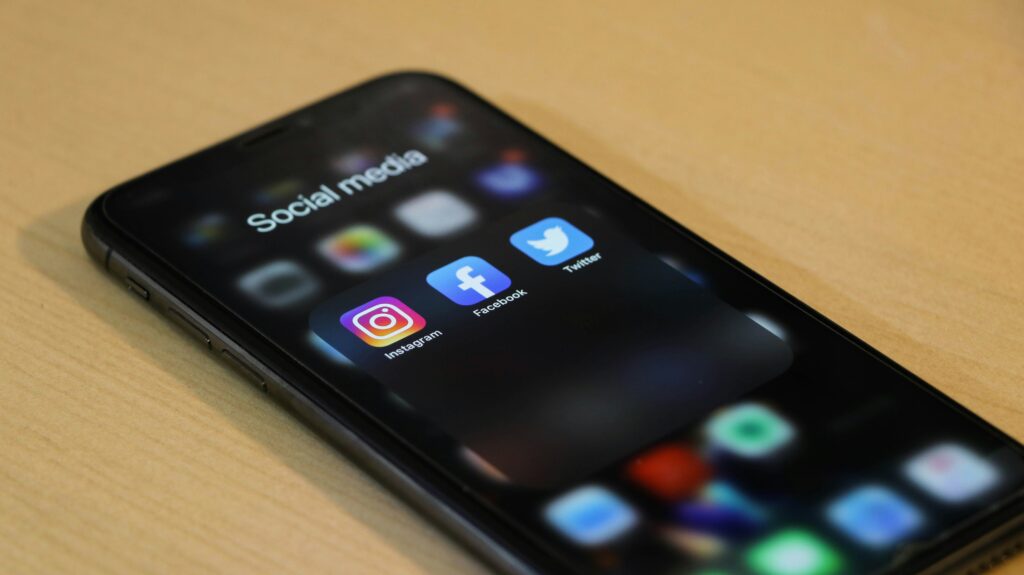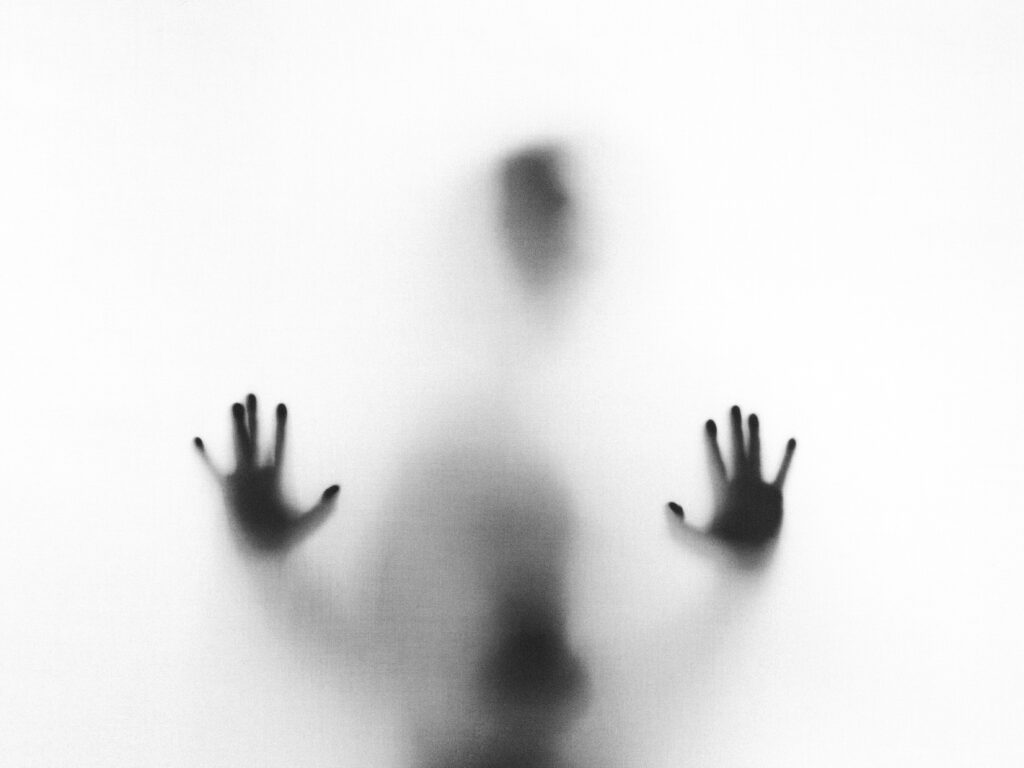Last Updated on May 24, 2024
What Is the Connection between Body Image and Mental Health?
Body image can be defined as our subjective perception of ourselves. It is a powerful force that shapes our confidence and emotional well-being. However, through it, we do not only perceive our shape, size, and appearance but often make assumptions about how other people see us as well.
In today’s digitalized world, where social media is omnipresent, it is easy to set unrealistic standards and find it challenging to maintain a positive body image. It’s a delicate balance between embracing who we are and being overly self-critical of our flaws, often leading to a negative impact on our mental health. Not addressing negative body image has the potential to lead to serious mental health issues such as anxiety or depression.

However, there is a beacon of hope: understanding body image is the first step towards nurturing a healthier relationship with ourselves.
In this article, we will discuss the complexities of body image and its relation to mental health and address cultural and social aspects that cause negative body image. We will also suggest some techniques for improving body image and discuss the role of a supportive environment. Let’s begin a journey towards self-acceptance and mental well-being, recognizing that true beauty blooms within.
The Connection between Body Image and Mental Health
While having concerns about one’s body image is a relatively common occurrence and is not a problem in itself, it has the potential to become a risk factor for mental health problems. Most studies suggest that higher body dissatisfaction is not only linked with poorer mental well-being but also with unhealthy behaviors such as eating disorders. Negative body image can thus be described as dissatisfaction with one’s appearance and a self-critical attitude towards one’s body, which may also impact the individual’s mental and physical health.
Negative Body Image and Mental Health
A survey conducted in 2019 categorized the negative self-perception of their subjects as “shame,” “down,” “low,” and “disgust.” According to the survey, as much as 19% of the adults were disgusted by their body image, 34% felt it was low, and 20% were ashamed. Of the teenagers who participated in the study, 37% felt upset about their body image, while 31% were ashamed.
This survey also sheds light on the poignant correlation between body image and mental health. It was revealed that 34% of the adults felt anxious about their body image, while 35% experienced feelings of depression. What is most concerning, however, is that 13% of the adults experienced suicidal thoughts because of their body image. Faced with these distressing statistics, it becomes evident that the connection between body image and mental health is serious and requires urgent attention.
Positive Body Image and Mental Health
On the other hand, satisfaction with one’s body is linked with healthy behaviors as well as better well-being in general. A study that explored the correlation between body image and various mental and physical health factors among men and women found that individuals with a higher positive body image reported fewer symptoms of depression, higher self-esteem, fewer unhealthy eating behaviors, and greater intentions to protect their skin from exposure to UV rays.
Most importantly, the study suggests that developing a positive body image is more vital to mental health than body size, while self-care habits promote physical and emotional well-being. Interestingly and also crucially, the study suggests that a positive body image has an equally beneficial effect on both men and women, stressing that a positive body image is a significant element of everyone’s well-being. Therefore, the research reinforces the notion that positive body image is a key component of a healthy lifestyle, contributing to overall satisfaction and mental and physical health.
Causes of Negative Body Image
Culture
Body image is closely linked to cultural influences. Cultural values and societal norms shape ideals about body size and appearance, affecting individuals’ satisfaction with their bodies. In affluent, individualistic societies, there is greater pressure to conform to ‘ideal’ body standards, often stressed by media exposure. A cross-cultural study demonstrated significant regional differences in body weight ideals and body dissatisfaction, although these differences were relatively minor overall.

Research indicates that body dissatisfaction is more prevalent in affluent nations characterized by high individualism and consumerism. In these countries, people face increased pressures to conform to the ‘ideal body’ due to greater exposure to body-focused information and images. The sources of body image pressure also vary among different ethnic groups. In the US, white women mostly feel pressure from the media, peers, and family, while black women experience more pressure from peer attitudes and family. These findings show that addressing body image requires knowledge and understanding of diverse cultural contexts.
Social Media
Social media profoundly impacts body image by promoting unrealistic beauty standards and constant self-comparison. Users are frequently exposed to idealized images, leading to increased body dissatisfaction and pressure to conform. This phenomenon profoundly affects vulnerable groups, such as adolescents and individuals with low self-esteem, where social media amplifies insecurities and societal pressures, leading to heightened body dissatisfaction.
For example, a study published in the National Library of Medicine highlighted how social media intersects with adolescent girls’ developmental and sociocultural factors and sways their self-perception. According to the study, this often leads to depressive symptoms and eating disorders. Exposure to idealized body images leads to self-comparison and the setting of unrealistic beauty standards. Since they are quantifiable, the study emphasized how likes and comments are an essential feature of social media through which adolescent girls can compare themselves to others.

Ultimately, the study underlines how social media creates a medium for self-comparison, which is especially strongly experienced by vulnerable social groups, such as adolescent girls. These findings underscore the importance of creating supportive environments and educational programs to help vulnerable groups navigate the pressures of social media and maintain a healthy body image.
How to Maintain a Healthy Body Image
Positive affirmations
If you catch yourself being critical of your body in the mirror, consider using positive affirmations to shift your mindset. Take a notepad and write down qualities you love about yourself that have nothing to do with looks or weight. Display these notes around your mirror. As you identify more positive traits, include them in your affirmations. Here are a few examples to get you started:
- I am proud of my resilience.
- I am grateful for my unique character.
- I am kind towards others.
- I am capable of achieving my dreams.
Observe yourself as a complete individual
Observing yourself as a complete individual involves appreciating all aspects of who you are beyond just physical appearance. This view of yourself encourages acceptance and focuses on your strengths, talents, and qualities. By recognizing your inner worth, you can develop a healthier body image and counteract societal pressures that emphasize unrealistic beauty standards. This technique promotes overall well-being and self-esteem.
Fill your circle with positive people
Your circle of close friends should be individuals who embrace body diversity, radiate positivity, and encourage self-acceptance and self-love. Your circle of friends should also be a safe space where judgment is replaced with kindness and where your insecurities are outshined by your positive character traits. Your close friends should reflect the values that are important to you in an environment where self-acceptance is prioritized and insecurities are met with compassion, support, and understanding.

Be critical of social media
Being critical of social media is crucial for practicing body positivity, as it often promotes unrealistic beauty standards, highlighting constant self-comparison and dissatisfaction. As mentioned in the previous section, the ever-present stream of idealized images on social platforms amplifies insecurities, particularly among vulnerable groups like adolescents and those with low self-esteem.
Furthermore, it’s essential to remember that many images on social media are heavily edited or filtered, presenting an unattainable beauty standard. Comparing ourselves to these unrealistic portrayals only strengthens feelings of inadequacy. Instead, we should focus on embracing our unique qualities and celebrating the diversity of human bodies.
Conclusion
The complex interplay between mental health and body image necessitates an approach that focuses on positive self-perception and well-being. Consequently, negative body image, often caused by cultural and societal pressures, can significantly impact mental health, and cause mental health conditions such as anxiety and depression.
Strategies such as positive affirmations, looking at one’s character instead of physical attributes, surrounding oneself with positive people, and questioning social media content can help us shield off unrealistic beauty standards and embrace authenticity and diversity. Finally, acknowledging the serious impact of body image on mental health stresses the importance of prioritizing self-care and cultivating a more inclusive and compassionate perspective toward oneself and others.








